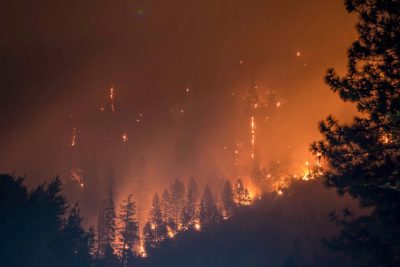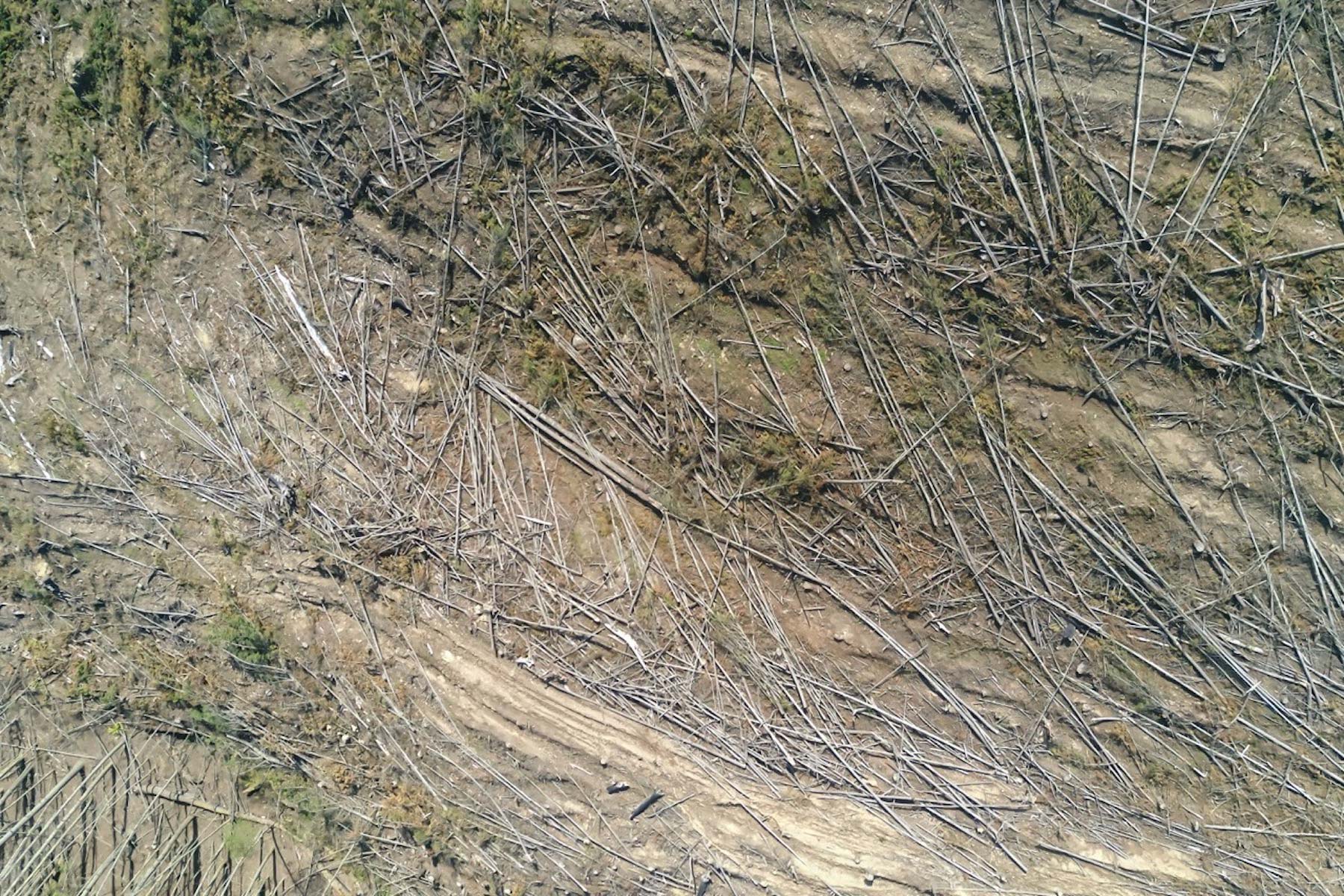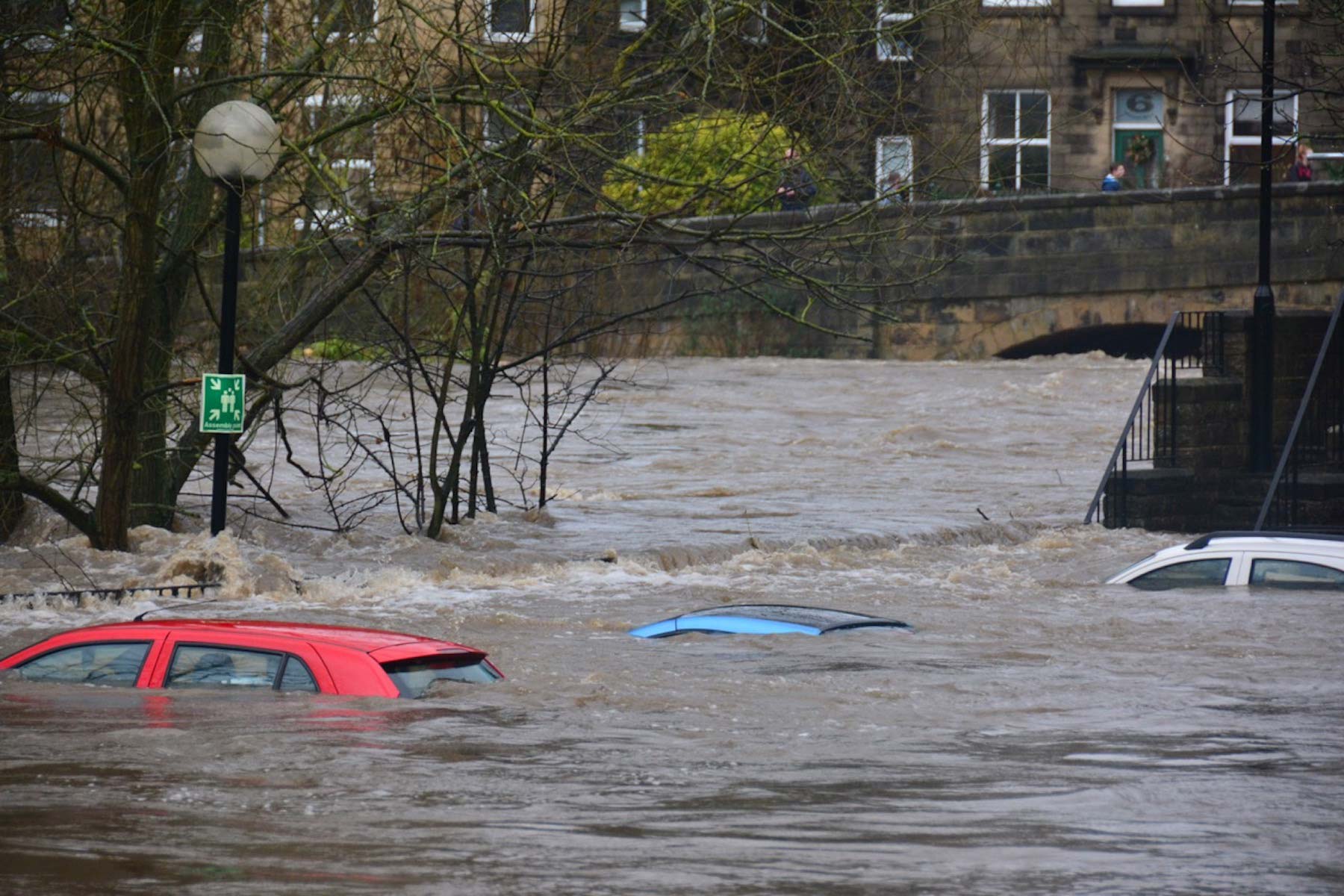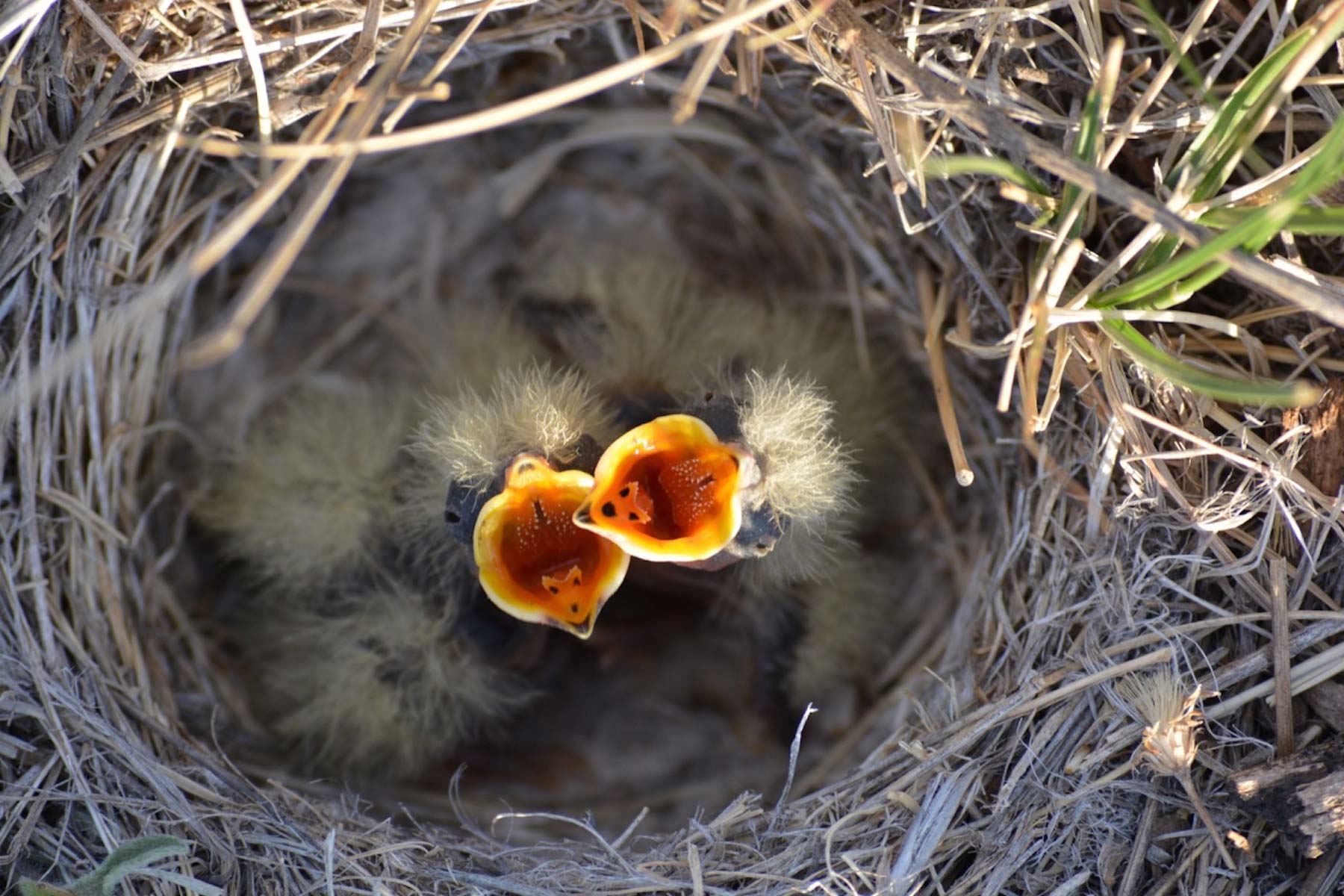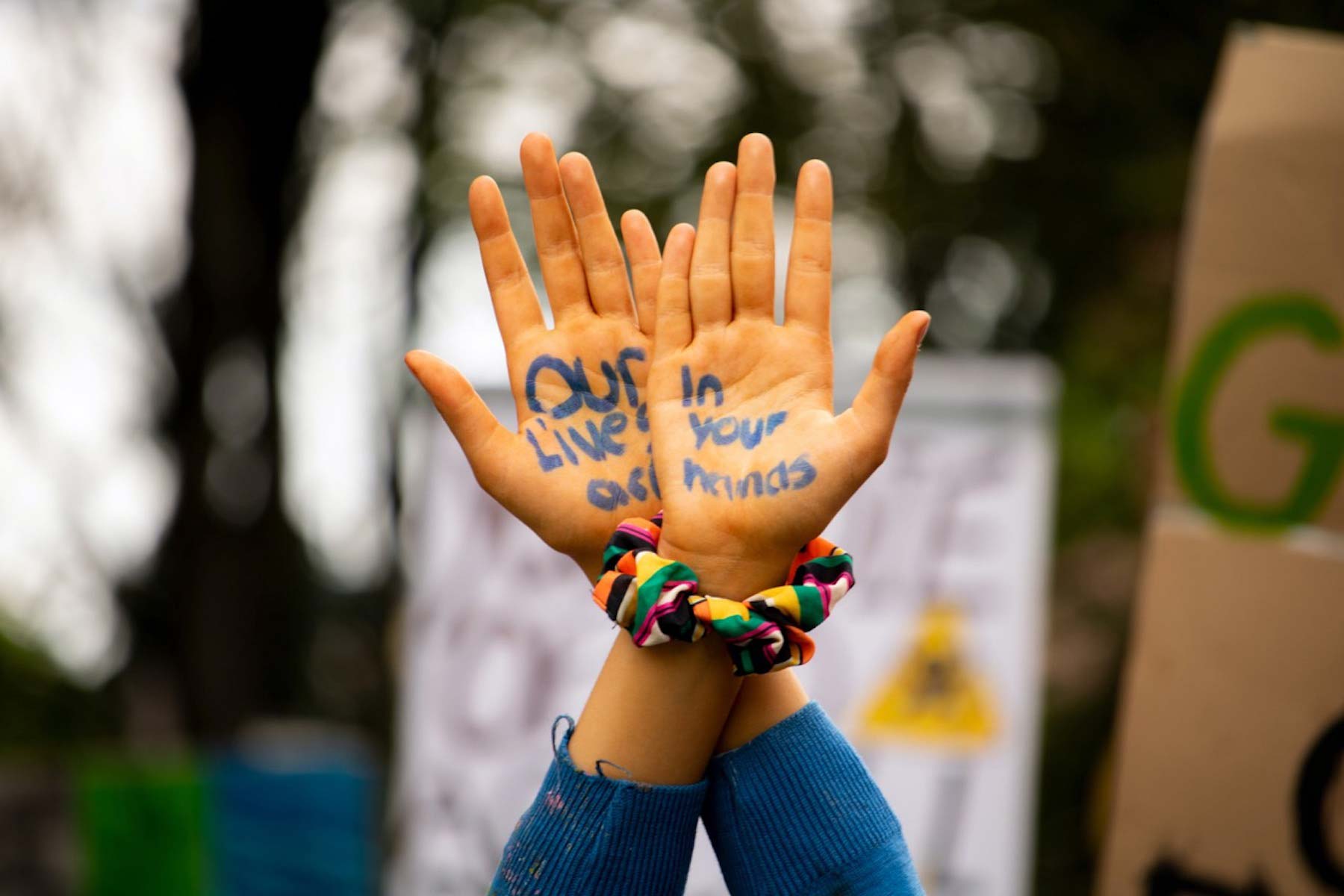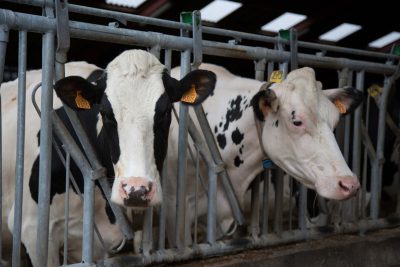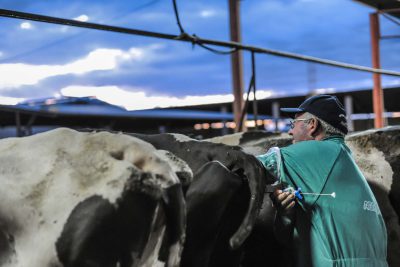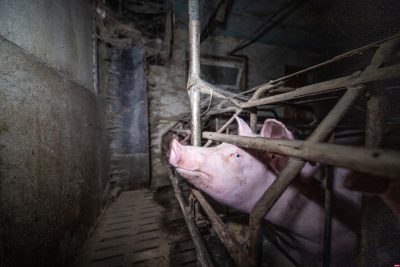Climate change is all around us—in the news, in the weather, and in our daily lives. But because it is talked about so much, it is easy to forget exactly why it is happening, the impact it has and will have on our lives, and how we have the chance to rewrite the story’s ending, and save this beautiful but fragile planet.
What Is Global Warming?
The Earth’s atmosphere naturally traps some of the sun’s heat, and this is what allows the planet to support life. Without this ‘greenhouse effect’, the Earth would be 30°C colder than it is and a hostile environment to try to survive in. And while there are natural fluctuations, the Earth has been warming up consistently and significantly, and temperatures are now rising faster than at any other time in history. In fact, the past six years have been the hottest ever recorded.
This is because the atmospheric concentration of greenhouse gases has been rapidly increasing. And that is almost entirely down to how people live, eat and treat the planet.
How Is Climate Change Measured Over Time?
Scientists take readings from the surface of the Earth, from the oceans and from space, and together these measurements give a clear indicator of how the temperature of the Earth is changing.
Readings from the Earth’s surface are taken from both land and sea surfaces, and we have data that goes back to the mid-nineteenth century. Scientists have also maintained long-running observational records of the levels of carbon dioxide in the atmosphere, going back to the late 1950s. These readings suggest that atmospheric CO2 has increased by nearly 50 percent since the pre-industrial period.
What Causes Global Warming?
There are multiple causes, both natural and human-created, but by far the biggest, the most dangerous and the ones we must tackle are those caused by people. How we work, travel, heat or cool our homes, what we buy, and what we eat are all fundamental to how much our climate will change.
Greenhouse Gases
The major greenhouse gas is carbon dioxide (CO2). Almost all of the CO2 generated by people comes from fossil fuels and land-use change, such as when trees are cut down to make way for cows to graze.
Another troubling gas is methane (CH4), which is emitted in significant quantities from the digestive processes of sheeps, cows and goats. Methane is a powerful greenhouse gas with a 100-year global warming potential 25 times that of CO2. When measured over a 20-year period, methane is 84 times more potent than CO2.
Nitrous oxide (N2O), emitted by agricultural processes and waste such as animal manure, is another problematic gas. Nitrous oxide is 300 times more potent than carbon dioxide.
Deforestation
Trees help mitigate climate change by absorbing carbon dioxide from the atmosphere and locking it away in their branches, trunks and roots. But when we cut trees down, all that stored CO2 is released, accelerating climate breakdown. And, in a devastating double whammy, much of the world’s deforestation is undertaken to make way for farmed animals, either to graze directly or to grow their feed.
Agriculture & Intensive Animal Farming
Animal farming is one of the most dangerous climate change industries. There are 80 billion animals farmed for their flesh, milk or eggs each year—almost ten times the number of people on the planet. The vast amounts of land they use, water they drink, and waste they produce all have an impact on our planet and its health.
Add in all the other industries and processes used to transform an animal into a piece of meat – from the feed that is shipped around the world (often containing soy from deforested lands) to the refrigerated trucks used to transport animal products across countries and continents – and you can understand how animal agriculture is responsible for 14.5 percent of all human-generated greenhouse gas emissions. No wonder University of Oxford researcher Joseph Poore says that being vegan is the single biggest thing we as individuals can do to help the planet.
What Are The Effects Of Global Warming?
Extreme weather events are getting more frequent and more serious. Heatwaves, droughts, torrential rain and flooding, wildfires and forest fires decimate wild populations and risk the lives of people. When landscapes burn, still more carbon dioxide is released into the air, creating a dangerous cycle. In some parts of the world, we are already seeing climate change exacerbating the spread of disease.
Melting ice means sea levels are rising. This leads to flooding, the erosion of coastlines and the loss of coastal communities. Already, climate migrants are being forced to leave their homes due to sea level rise, changing rainfall, and heavy flooding. In 2018 alone, there were 17.2 million new displacements associated with disasters in 148 countries and territories.
Climate change is also driving extinctions as habitats are destroyed or altered by the changing climate. There is a delicate timing balance in nature so that, for example, flowers bloom as bugs emerge, and their appearance is just at the right time to feed nestling birds. The timing of these events is crucial for so many species, but as the temperature changes, so the natural cycle of the seasons becomes disrupted.
What Are The Biggest Contributors To Global Warming?
There are many ways in which human activity causes the climate to change, but the greatest problems are:
- burning fossil fuels (coal, oil and gas) – that is, when we fly, drive petrol or diesel cars, heat or cool our homes with non-renewable energy, and through the production of all the thousands of things we buy in our lifetimes
- the farming of animals and the production of meat, dairy and eggs, all driven by consumer demand
- deforestation, much of it for logging and to create pasture for farmed animals, or to grow feed to ship to animal farms around the world
- dumping waste in landfill—all those things we buy but don’t need end up junked, decomposing and releasing methane into the atmosphere
How Much Of Global Warming Is Due To Natural Causes?
There are some natural events that cause the climate to change, including variations in the tilt and orbit of the Earth around the sun, fluctuations in the amount of radiation from the sun, and volcanic activity which releases carbon dioxide into the atmosphere.
But in the last 70 years, approximately zero global warming has been due to natural causes, according to the Intergovernmental Panel on Climate Change’s (IPCC) fifth assessment report.
How Much Of Global Warming Is Caused By Humans?
The IPCC states that humans’ emissions and activities have caused around 100 percent of the warming observed since 1950.
What Has Been Done To Combat Global Warming?
Nowhere near enough! Ninety-four states and the European Union (which comprises another 27 states) have signed the Paris Agreement, which requires all signatories to undertake ambitious efforts to tackle climate change. While it’s good news that so many countries have signed, most are not doing anywhere near enough to keep global temperature rise below that all-important 2oC level. And some are even recklessly increasing their emissions.
Governments have a huge part to play in tackling climate breakdown but individuals should also act. Those of us who live in wealthier countries and consume most of the world’s resources need to make some fundamental changes to how we live.
We cannot prevent climate change—it is already happening—but if we act now, we can slow it down and prevent catastrophic breakdown.
What Can I Do To Help?
Researchers at Lund University undertook a comprehensive study to discover the most important changes we as individuals can make to reduce our own climate impact. They found there were four things we should focus on: eating a plant-based diet, avoiding air travel, living car free, and having fewer children.
These are not surprising. We have long known that air and car travel is not good for the planet, and it is obvious that having a child doubles your own impact! And since eating a plant-based diet saves around four times more greenhouse gas emissions per year than recycling, this is one area we can have a powerful and positive impact, and we can do that right now.
WWF has produced an excellent Carbon Footprint Calculator. Take the questionnaire and see if your lifestyle falls within your own carbon budget or where you might be over-spending.
Conclusion
Climate breakdown is devastating our beautiful planet and the richness of life on it. Everything we know is at risk. Governments are slow to act but we do not need their permission to do all that we can to help protect the Earth. Increasingly, people are choosing to eat plant-based as one powerful way to contribute to a healthier planet for all. Making simple swaps to plant milk, for example, or choosing veggie burgers over meat ones, is all it takes.
Find out more about fighting climate change with diet change with our free vegan challenges and courses.
